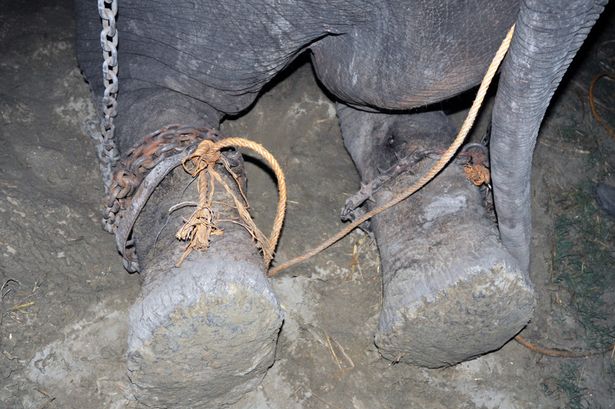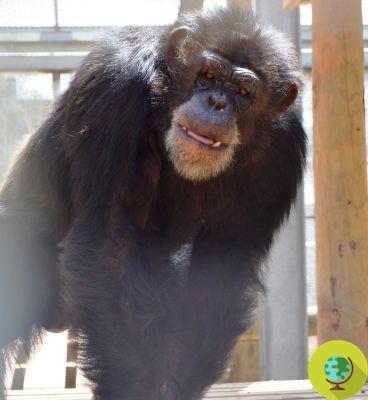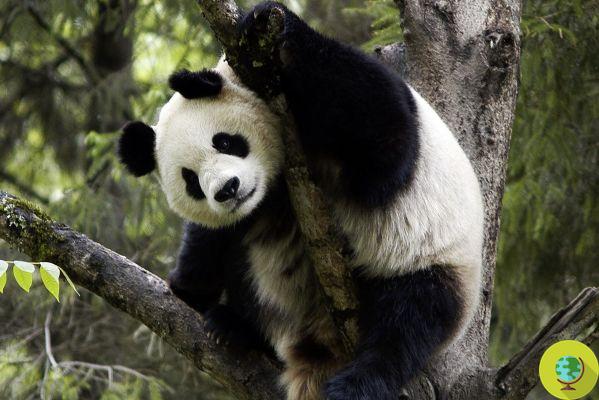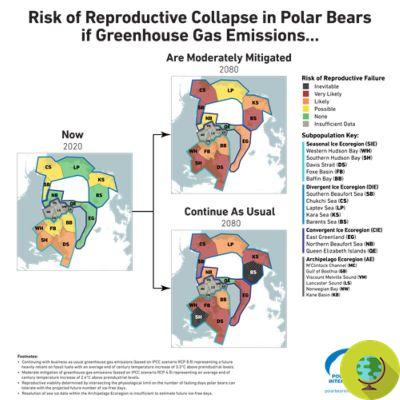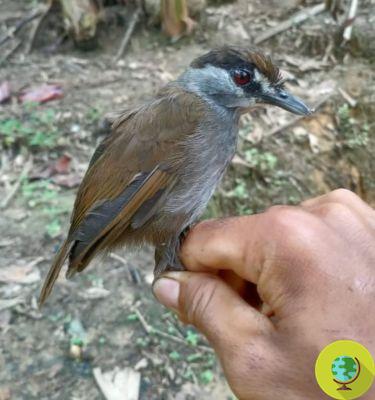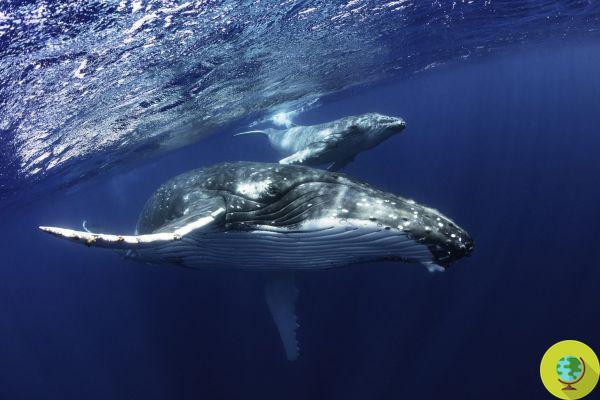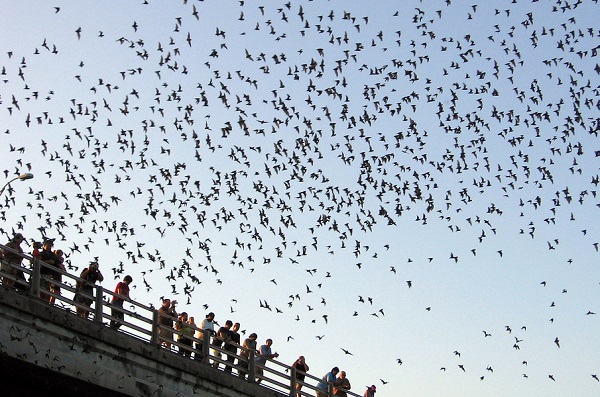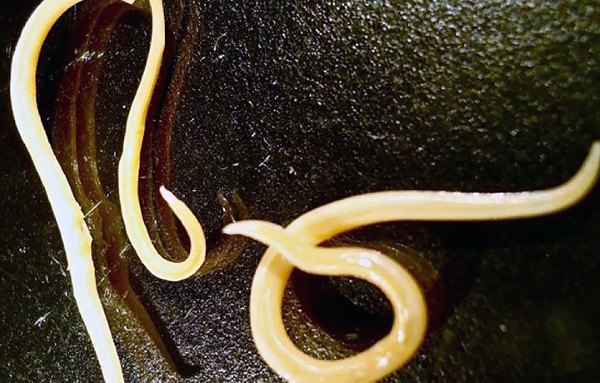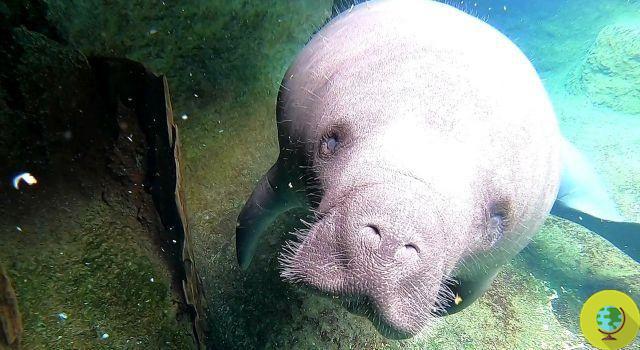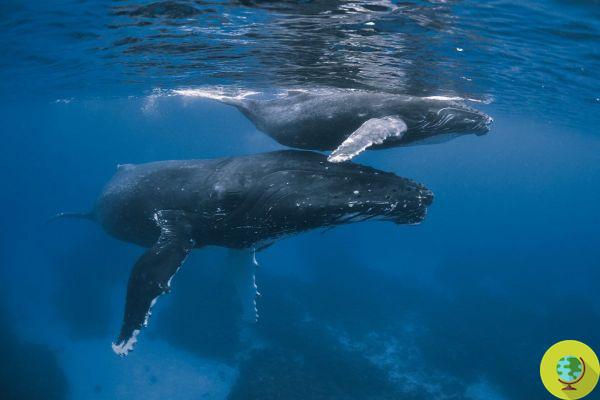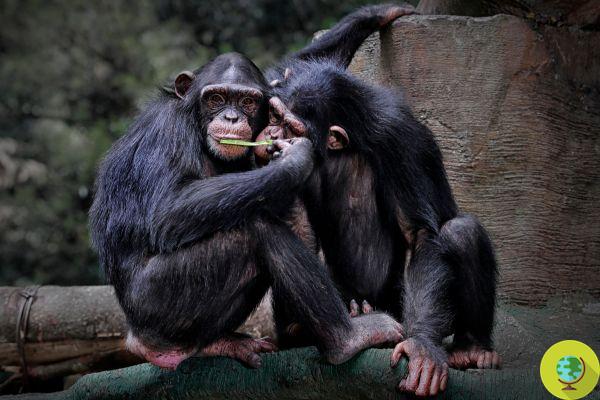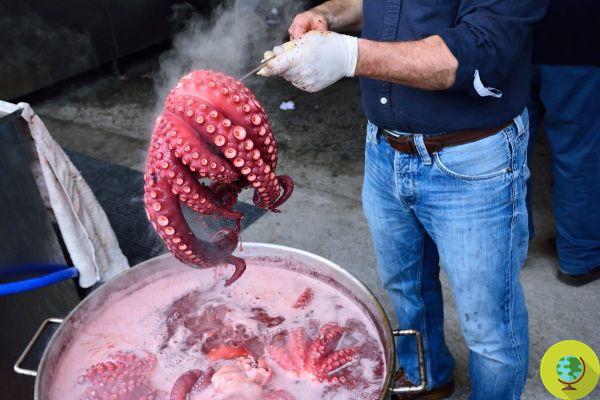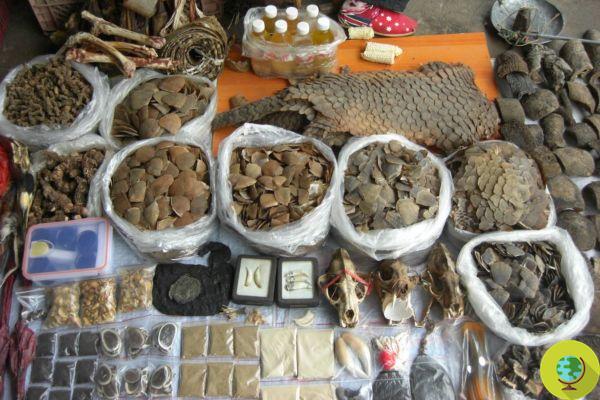
More than 128 tons of pangolin flakes have been seized globally - a 200% increase from five years earlier
Pangolin seizures hit an all-time high in 2019, showing that the illegal trade is still booming. More than 128 tons of flakes and meat were intercepted globally last year, a 200% increase from five years earlier.
Although pangolins are protected mammals and have recently been taken off the ingredient list of traditional Chinese medicine, they continue to be exploited in an increasingly thriving illegal market. This is denounced by a new report from the Center for Advanced Defense Studies (C4ADS), a non-profit organization that analyzes transnational security issues and provides new data and details showing that, the trade of African pangolins in Asia for traditional medicine, continues to grow.
The report shared exclusively on National Geographic, says that the scaly mammal continues to be the busiest in the world and its survival is threatened by humans. Yet the international trade in this animal was banned in 2016. However, the data tell us that the seizures of scales and meat by the police reached an all-time high in 2019. Worldwide, more than 128 tons, an increase of over 200% from five years earlier.
Often described as "scaly anteaters," pangolins are the only mammal in the world with true scales made of keratin. Although these scales can protect pangolins even from a lion's bite, they are not useful against humans, the biggest threat to the animal. More than a million pangolins were trafficked between 2000 and 2014, according to the wildlife trade monitoring organization Traffic.
Pangolin experts have long known that the trade in the four Asian pangolin species is in decline. Instead, traffickers have turned to the four African species to meet demand, with West and Central Africa becoming the main hubs.
"By co-opting Africa's existing bushmeat supply chains and obfuscating their illegal activity in the traditional Chinese medicine market, illicit actors are trafficking at increasingly alarming rates between Africa and Asia," said Faith Hornor, director of the C4ADS program and co-author of the report.
What the report says
Last year, not only were more pangolin scales seized globally than in any other year, but there was the highest number of seizures. In just one week in April, Singapore intercepted a shipment of 14,2 tons and a shipment of 14 tons, estimated at over 70.000 pangolins.
Both shipments originated from Nigeria, which is behind more than a quarter of all African-related pangolin seizures with known origins from 2015 to 2019, the report explains.
"Paying, collecting and transporting large quantities of pangolin products involves large initial investments and coordination." It probably also means that traffickers don't care about interception by law enforcement as they move shipments worth tens of millions of euros.
Prices of pangolin flakes on the black market have soared since banning, despite the government taking serious steps, such as removing pangolin flakes from the list of traditional medicines.
Fonte: Rapporto Tipping the Scales/National Geographic
Read also:
- Historic turning point in China: pangolin scales finally removed from the drug list
- Other than pangolin, the coronavirus is the child of capitalist globalization. The analysis of the historian Andrew Liu
- China will no longer reimburse pangolin-based drugs used in traditional medicine
- Pangolin: what it is and why it is in grave danger
- Pangolin scales, record seizure of 14 tons destined for the Asian market




